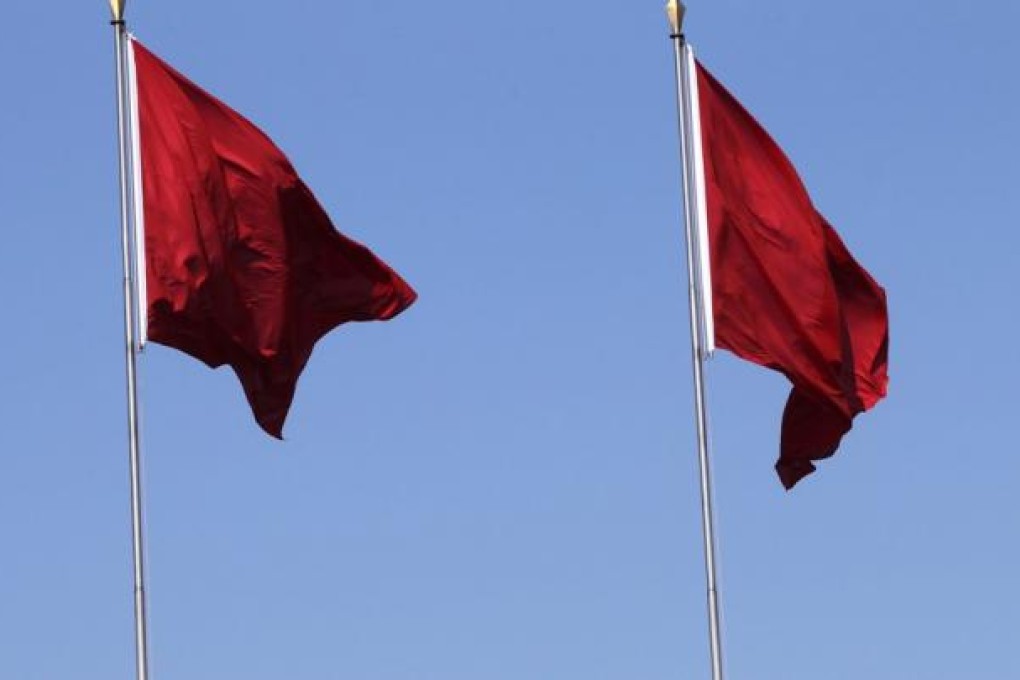Media censorship of terrorism on Chinese soil only feeds the rumours
Zhou Zunyou says authorities should relax their tight grip on information to foster understanding

On March 26, the news website Tianshan, run by the Xinjiang regional government, reported that local courts had sentenced 20 men to jail terms of up to life imprisonment for promoting terrorism and inciting secession. Of these, 19 individuals in four groups were found guilty of organising, leading or participating in terrorist organisations. The groups were accused of spreading multimedia materials related to the East Turkestan Islamic Movement and the Islamic Movement of Uzbekistan, both considered terrorist organisations by China, the US and the United Nations.
Although the Chinese-language report did not mention the ethnicity of these criminals, their distinctive names and religious affiliations indicate they are most likely Uygurs.
Uygurs and the ethnic Han do not co-exist as harmoniously as Chinese TV programmes and films like to display. The region has been hit by ethnic violence from time to time, the worst of which in recent years was the July 2009 riots in Urumqi , Xinjiang's capital, in which 197 people died, mostly Han. Heavy security since then has not prevented sporadic terrorist attacks.
In mainland China, terrorism is perceived as the violent expression of Uygur ethnic separatism and religious extremism fostered by international connections. The terrorist threat primarily emanates from the East Turkestan independence movement. Although most independence organisations disclaim violence, a tiny number of small groups may present a risk high enough to require a large-scale response.
While the Chinese government accords a high priority to the fight against terrorism, its anti-terrorism efforts are often accompanied by low media coverage. In all likelihood, the authorities' strict control of information is the result of a carefully orchestrated strategy. China started its anti-terrorism campaign long before the September 11 attacks on the US. Chinese officials began speaking of terrorist violence in the late 1990s, but they moderated their statements probably for fear of scaring away investors. Another reason was a fear of internationalising the issue of "East Turkestan", a term so sensitive that its use was not allowed in the official media.
After 9/11, America's global "war on terror" prompted China to openly confirm the existence of terrorism and declare the government's determination to address this problem. Except for the deadly July 2009 unrest, where the authorities' style of openness by inviting foreign journalists to the crime scene surprised the public, details about terrorism have usually been concealed or censored.
Controlling information about terrorist attacks has an obvious advantage. To effectively terrorise, this kind of political violence needs to reach an audience far beyond those directly affected in the attacks. For this reason, terrorists need the help of the media to spread their message and generate fear. Media coverage serves as the "oxygen" of terrorism. By cutting the supply, the authorities hope to ward off the serious social and political repercussions of attacks.